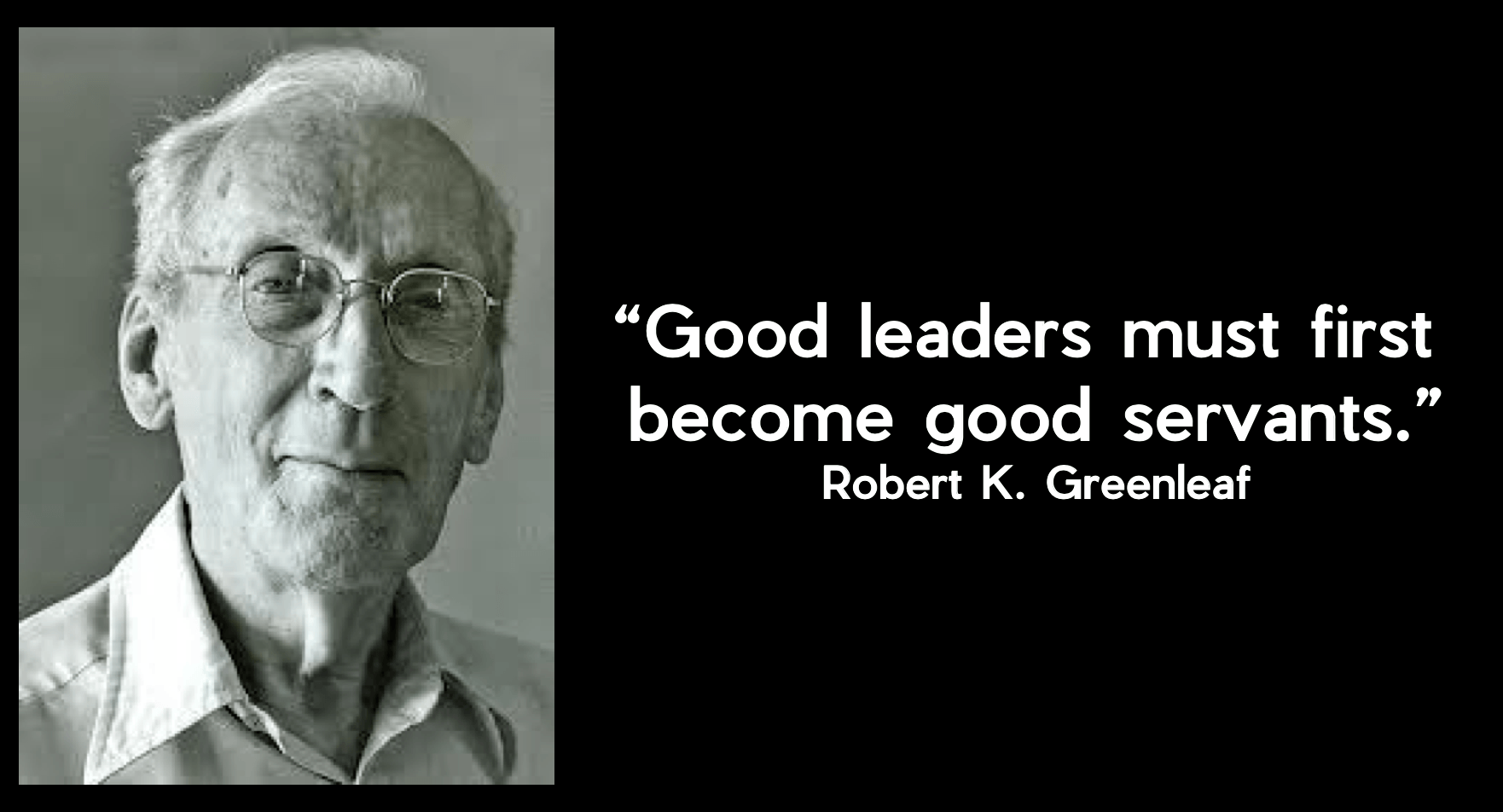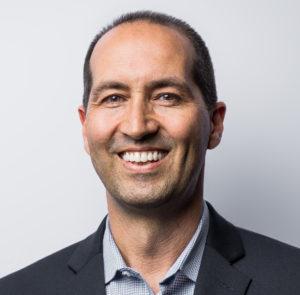
by Keith Reynold Jennings, {grow} Contributing Columnist
I know you feel it.
You’re working in an environment of immense technological and cultural change. Marketer turnover is high. CMO tenure is low.
As marketers scramble to keep up, and brands desperately position themselves to appear “good,” the principles of servant leadership seem more relevant (and needed) than ever.
I want to share a brief story with you that powerfully explains how the age-old principles of servant leadership are critical in today’s fast-paced, tech-obsessed era.
A CEO, A Surgeon & A Dog
Years ago, a hospital CEO under my dad’s leadership was struggling with a hardball-playing surgeon.
The surgeon was the hospital’s top revenue producer … and he knew it. That made negotiating with him extremely tough.
This is quite common in the healthcare world. Hospitals offer physicians the facilities, tools and multi-departmental support they need, but the physician still calls the shots when it comes to the delivery of care.
This was a situation my dad had dealt with numerous times. He had started out as a pharmacist and worked his way, department by department, to become an award-winning hospital CEO. At the time this story took place, he oversaw hospitals across the southeastern region of the U.S.
My dad routinely visited with the surgeon and quickly discovered that this doctor’s dog was his passion. Pictures of the dog were all around the room. Dad spent most of his time talking to the surgeon about his dog.
Finally, the conversation moved to the surgeon’s demands. And dad found the surgeon to be reasonable about what he said he needed. Curious, he asked the surgeon how often the hospital CEO visited with him.
“Never.”
Dad asked him if the CEO had ever visited his home.
“Nope.”
The only contact the surgeon said he had with the hospital CEO was when he went to the CEO’s office and demanded a meeting.
Later, Dad circled back with his CEO and asked if he ever visited the surgeon.
“Of course.”
At his office?
“Yes.”
Ever been to his house?
“I have.”
“So, what’s his dog’s name?”
Do you think the CEO knew the name of the surgeon’s dog? Of course, not! He didn’t even know the surgeon had a dog.
The surgeon had become a resource to manage, rather than a human being to serve.
The Principles of Servant Leadership
In every aspect of our marketing lives, we’re dealing with people.
Not targets.
Not human resources.
Not buyer personas.
Real human beings.
Servant leadership is actually an ancient practice. However, the modern movement was born in a 1970 essay by Robert K. Greenleaf.
In that essay, Greenleaf emphasized that the servant leader is first and foremost a servant.
The power of his foundational idea lies in the title he chose, “The Servant as Leader.” Notice it’s not titled, “The Leader as Servant.”
This distinction is profound.
In this essay and subsequent works, Greenleaf outlined a number of principles for servant leadership. The primary ones include:
- Acceptance (receiving whatever is offered)
- Empathy (experiencing the world through another’s lens)
- Knowing the Unknowable (recognizing patterns)
- Foresight (considering what could happen & when)
- Perception (being aware of environmental signals)
- Persuasion (influencing others through non-judgmental argument)
- Deliberation (making your way one action at a time)
- Healing & Community (making things whole)
These feel surprisingly fresh and relevant, don’t they?
The Servant As Marketer
Here is my first pass at how these principles translate to marketing today:
- Start with the needs of those you seek to serve, not your own or organization’s needs
- Serve the always, not merely the now
- Treat others as co-creators and collaborators, not consumers
- Test, don’t guess, because you’re probably wrong
- Embrace being a steward, because your customers, funding, and employees don’t actually belong to you
- Your clients, partners, colleagues and employees are infinitely-discoverable subjects to learn about and serve, not objects to use
- Genuine care, compassion and listening was, is and will always be a competitive advantage
I encourage you to personally reach out to a client or colleague today. And not by email or text.
Call them. Go visit them. Show them they’re not a means to your ends, but
Be a servant who markets. Not a marketer who serves.
 Keith Reynold Jennings is an executive and writer who serves as vice president of community impact for Jackson Healthcare. He’s also an advisor to goBeyondProfit. Connect with Keith on Twitter and Linkedin.
Keith Reynold Jennings is an executive and writer who serves as vice president of community impact for Jackson Healthcare. He’s also an advisor to goBeyondProfit. Connect with Keith on Twitter and Linkedin.


